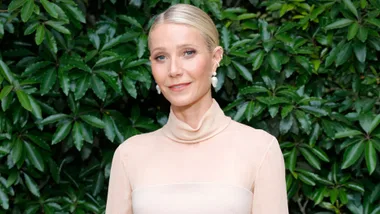This extract is taken from The Australian Women’s Weekly health series Eating Disorders book. People with an eating disorder can spend a lot of time trying to convince themselves that they do not really have a problem and are most certainly not in need of professional help. A significant point in the process of getting over an eating disorder is acknowledging the extent of the problem, becoming committed to making change happen and accepting help from others to ensure the process will be successful. Seeing a Dietitian This is one of the many forms of therapy and support available. Professional dietary assessment, counselling and advice is an essential part of the treatment of eating disorders. If possible, find a dietitian experienced in working with eating disorders as he or she will have a better understanding of the specific difficulties and fears you are likely to be facing. A dietitian can help you establish a healthy eating pattern and stable weight. You should be able to negotiate a weight range that is acceptable while also healthy, and a new eating pattern that can stabilise your weight in that range. In other words, the dietitian is not there to make you fat but to help you eat normally and be able to maintain your weight at a stable level without resorting to obsessional and self-defeating methods of self-control. Even if you consider yourself to be an expert on food you will benefit from seeing a dietitian with specialised knowledge of eating disorders.
Seeking help for anorexia
This extract is taken from The Australian Women's Weekly health series Eating Disorders book.











